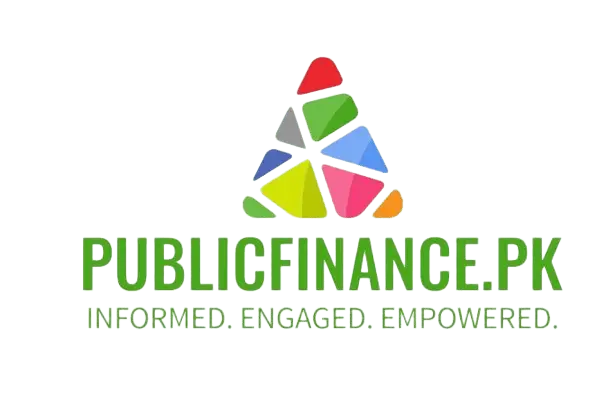
Climate change presents one of the most significant challenges to modern economies, requiring governments worldwide to rethink their fiscal policies to ensure both economic stability and environmental sustainability. Public finance plays a crucial role in addressing climate change by mobilizing resources through green bonds, carbon taxes, and climate financing initiatives. These mechanisms are designed to mitigate environmental damage while fostering long-term economic growth.
Green Bonds: Financing Environmental Initiatives
Green bonds have emerged as a powerful tool for governments and institutions to raise capital for environmentally friendly projects. These bonds are structured similarly to traditional bonds but are earmarked exclusively for sustainable initiatives such as renewable energy, clean transportation, and climate adaptation projects.
The global green bond market has witnessed substantial growth, reaching over $500 billion in annual issuance in recent years. Countries such as the United States, China, and members of the European Union have been leading in green bond issuance. In emerging economies, green bonds provide much-needed capital for sustainable infrastructure without significantly increasing fiscal deficits. Developing countries, including Pakistan and India, are also exploring green sukuks (Shariah-compliant green bonds) to align environmental financing with Islamic financial principles.
Carbon Taxes: Incentivizing Emission Reduction
Carbon taxes are another crucial fiscal tool for addressing climate change. By putting a price on carbon emissions, these taxes create financial incentives for businesses and consumers to adopt cleaner energy sources and reduce their carbon footprint. Several countries, including Sweden, Canada, and Singapore, have successfully implemented carbon taxation schemes, leading to significant reductions in greenhouse gas emissions without severely hampering economic growth.
Sweden, for instance, introduced a carbon tax in the early 1990s, which has helped the country reduce emissions while maintaining steady economic expansion. In developing nations, however, carbon taxes remain a contentious issue due to concerns over economic competitiveness and affordability. Governments must balance revenue generation with policies that prevent disproportionate financial burdens on lower-income populations.
Climate Financing: Supporting Vulnerable Economies
Climate financing involves providing financial resources to developing countries to support their efforts in mitigating and adapting to climate change. These funds come from public and private sources and are channeled through mechanisms such as the Green Climate Fund (GCF) and the Adaptation Fund.
Advanced economies have committed to mobilizing $100 billion annually to help developing nations transition to low-carbon economies and build resilience against climate impacts. Countries such as Bangladesh and Vietnam have benefited from climate finance, using the funds to develop flood-resistant infrastructure, expand renewable energy projects, and enhance agricultural resilience against extreme weather events.
The Future of Sustainable Budgeting
To ensure a sustainable future, governments must integrate climate-related expenditures into national budgets, prioritize investments in green technologies, and establish clear regulatory frameworks for environmental taxation. Transparent reporting and accountability mechanisms should be strengthened to ensure the effective use of climate funds.
By leveraging green bonds, implementing carbon pricing strategies, and enhancing climate financing mechanisms, countries can build resilient economies while combating climate change. A proactive approach to public finance is essential to securing a future that balances economic prosperity with environmental responsibility.
This Article was published on Publicfinance.pk.
